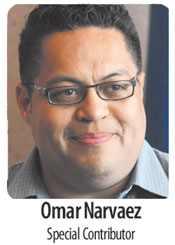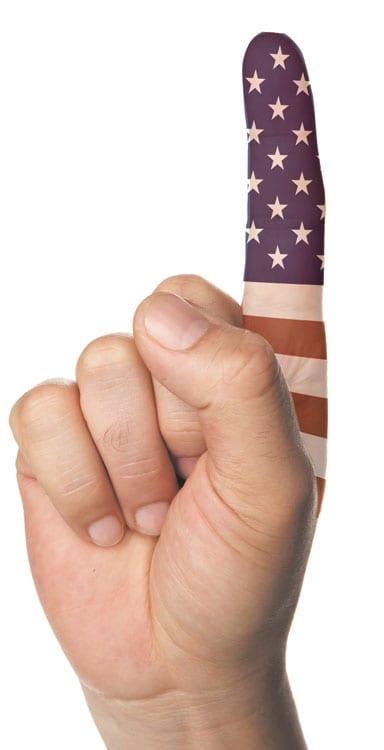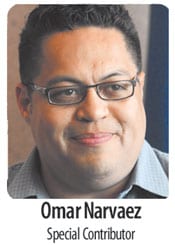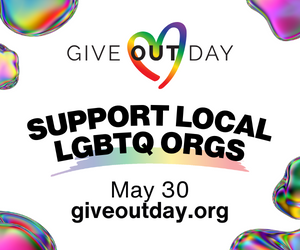Why preserving ‘one person, one vote’ matters to the LGBT community
 Earlier this week, the U.S. Supreme Court, in a unanimous decision, turned back efforts to reinterpret the constitutional rule of “one person, one vote” in the Evenwel v. Abbott case.
Earlier this week, the U.S. Supreme Court, in a unanimous decision, turned back efforts to reinterpret the constitutional rule of “one person, one vote” in the Evenwel v. Abbott case.
Had the Supreme Court ruled otherwise, the case would have changed the processes Texas uses to draw districts that represent the people living in them. The Supreme Court said that districts may continue to be drawn based on the number of residents that live within a district rather than only counting adult registered voters, as those who had brought the suit sought.
By seeking to narrow who is counted in districting to only eligible or registered voters, instead of including the general population, the challengers sought to strip representation from a broad swath of people who may be precluded from registering to vote or who may face challenges doing so, especially in light of restrictive voter ID laws.
Those who most likely would have been negatively affected include transgender people, immigrants, people of color, families with children, low-income individuals and families, the formerly incarcerated, seniors and those living with disabilities.
So why is this victory so important for all LGBT people?
Our community is made up of many threads that interweave with all other communities. While people of color and immigrants would have been the largest group affected by a negative ruling, LGBT people are disproportionately represented among those and the other groups that would have been denied proper representation in the legislature.
Conservative forces in Texas and other states would have been allowed to reduce the amount of representation of urban cores where large numbers of immigrants, people of color and LGBT people tend to live due to the prevalence of welcoming employers, safety and community building.
Conversely, they would have been allowed to increase the number of representatives from suburban and rural communities, with predictable results.
Such outcomes would have made it even easier for states to continue to pass anti-LGBT laws.
Nearly 200 such bills have been introduced into state legislatures just this year. These include laws enacted in Kansas (allowing taxpayer-supported religious clubs at schools to exclude LGBT students, even if those clubs are also funded by mandatory student fees paid by the very students being excluded), North Carolina (prohibiting transgender individuals from using restrooms in public schools and government buildings that match their gender identity and barring local governments from protecting LGBT people against discrimination in employment or public accommodations) and Mississippi (which this week passed a so-called religious liberty law that encourages businesses, taxpayer-supported agencies and government employees to openly discriminate against LGBT people by protecting those discriminators against any action against them by the Mississippi government).
In September 2015, Lambda Legal joined an amicus brief submitted to the Supreme Court in the Evenwel case by a coalition of civil and voting rights groups, highlighting the impact that reversing this key principle would have on under-represented populations. This week’s ruling affirms the principle that it is “one person, one vote” that counts, not “one voter, one vote.”
It holds that, when it comes to redrawing legislative districts, everyone is entitled to representation — because our elected officials represent us all, not just those who have the right to vote.
Following the decision, Lambda Legal Legal Director Jon W. Davidson said, “Today’s Supreme Court ruling is a big victory for democracy and voting rights. For as long as a person is subject to the government’s laws, sends their children to public schools, or walks or drives to work on public roads, they are entitled to representation in government.”
Much more work remains to ensure fair and inclusive representation, and to prevent cynical attempts to suppress voter participation across the country. We must restore the Voting Rights Act and fight restrictive voter ID laws, which frequently create problems for transgender voters, who often face challenges obtaining identification that matches their gender identity and expression. Luckily, though, we don’t have to fight this effort to shift legislatures in an even more hostile direction.
Omar Narvaez is a community educator with the South Central Regional Office of Lambda Legal.
This article appeared in the Dallas Voice print edition April 8, 2016.


















